Political parties are one of the most significant institutions in a democracy. Political parties are commonly associated with democracy. Understanding the nature and functioning of political parties is essential. They may have little knowledge of the constitution, but if we study people in remote and rural areas, they will surely be aware of political parties.
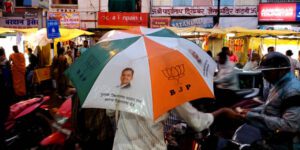 (photo from istock)
(photo from istock)
Political parties shape public opinion and create plans and policies. After winning elections, political parties create governments and implement the party manifestos’ policies. Political parties that do not win elections sit in opposition in Parliament or the state legislature, watching or criticizing the actions of the executive branch.
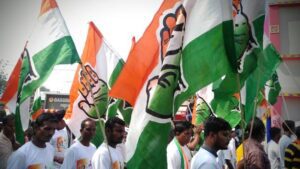 (photo from istock)
(photo from istock)
Following are some points about political parties:
What is a political party?
A political party is a group of individuals who unite to seek for office and take over the government. The common good in society is promoted by the policies and programmes of all political parties. They try to convince people that their policies are better than others’. By winning over the electorate during elections, they want to put their policies into action. Political parties are a reflection of the underlying political differences in a society. Partnership results from everyone’s support for one particular group in society.
A party is defined by the segment it represents, the ideologies it backs, and the causes it champions. A political party is composed of three things.
What do political parties do?
The following duties fall under the purview of political parties:
- In order to run in elections, they nominate candidates. The top party officials may choose candidates, or party members may. A political party’s nominee in some countries, like the United States, is chosen by the party’s members and supporters. Candidates for elections in India are chosen by top party leaders.
- Voters are given access to the parties’ policies and programmes.
- In the United States, political parties have a big say in what laws get passed. A majority of parties must endorse a measure for it to pass into law. Legislation is discussed and adopted in the Legislature.
- Political parties create and run governments. The political executive’s primary policy decisions are influenced by political parties.
What makes these parties important?
A variety of duties must be performed by political parties. Modern democracies cannot function without political parties. The following situations might occur in the absence of parties:
- Every candidate for office will be impartial.
- No one will be permitted to promise the public any significant policy changes.
- Although the government will be established, its effectiveness will still be in doubt. The activities of elected leaders in the community will be held responsible to their constituents. Yet nobody will be in command of how the nation is governed.
- Non-partisan Panchayat elections are held in many Indian states. In this case, the parties do not formally compete. The hamlet is known to be divided into numerous groups, each of which proposes a list of candidates.
- Political party emergence is intrinsically linked to the expansion of representative democracies. Communities needed a body to gather and express various points of view on many topics to the government as they grew bigger and more complex.
- Society needs a framework to create, defend, and reject policies as well as to support or restrain the government. Political parties satisfy the requirements of every representative government.
For instance, in today’s vote-based democracies, these categories are seen as essential components for the configuration and operation of the public power. Evidently, countries like Libya, Oman, Qatar, and the United Arab Emirates have administrations devoid of political parties.
These nations lack elections and have a small number of political parties. As a result, the public’s voice is muted. This does not take place when a political party takes the initiative. They work to make the nation better by paying attention to public voices and thoughts. There wouldn’t be any organizations in such a situation because everyone involved in political decision-making would be free to compete.
Political parties: growth and harmony
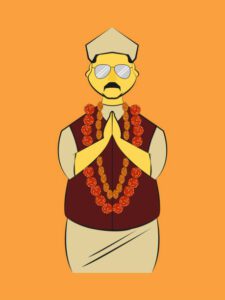 (photo from istock)
(photo from istock)
The primary entry points for candidates to vote in elections are political parties. Hence, parties have a significant impact on the level of youth political participation at the local, regional, and federal levels. Parties often control which candidates are put out for nomination and election as well as which issues gain national attention. They choose which individuals and for which positions they will include on their candidature lists.
Young candidates have not always been favoured by political parties during the nomination process because they frequently appear at the bottom of candidate lists (in proportional representation “closed list” election systems) and have very little chance of winning. They serve as a bridge between the state and civil society, converting public policy preferences into political action.
Political parties and youth
Many things contribute to the continued marginalization of young people, such as “old-boy” networks, seniority-based hiring and promotion practices, a dearth of personal skills, low self-esteem, and low motivation. Long-term commitments are frequently required for participation in political parties, which is challenging for young people who are attempting to pursue an education and make a name for themselves in the workforce.
Due to the fact that they make up a sizable portion of the membership, middle-aged men typically have a larger power base. Youth may experience multiple forms of discrimination depending on their gender identity or membership in other marginalized groups (such as Native Americans, people with disabilities, lesbian, gay, bisexual, or transgender people).
These barriers feed a vicious loop whereby young people become turned off by the exclusivity of political parties and choose not to join them. They lack the internal powerbase to win elections and nominations as a result of their refusal to join. To end the cycle, both problems need to be addressed: youngsters need to be given the tools and drive to successfully participate in political parties, and parties need to be pushed to make room for young people. These procedures can be accelerated by affirmative action policies like youth and women’s quotas and party youth wings.
Political parties could do more to entice young people to seek for office and could think about nominating them for local and provincial/state elections.
References:
Want to attract people’s investment in your product, click on the link below:
How to get people to invest in your product

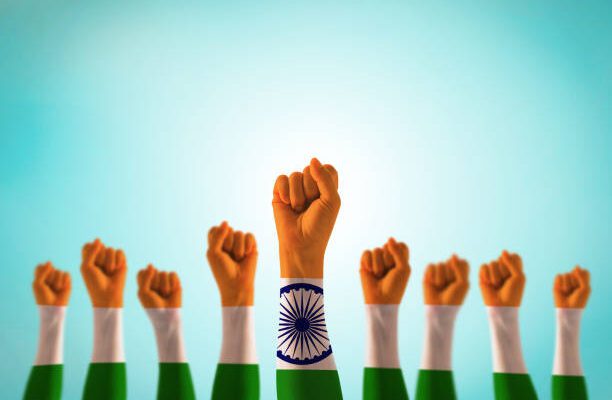

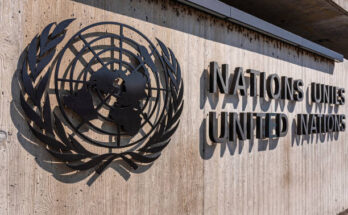

14 Comments on “Why do we need Political Parties?”